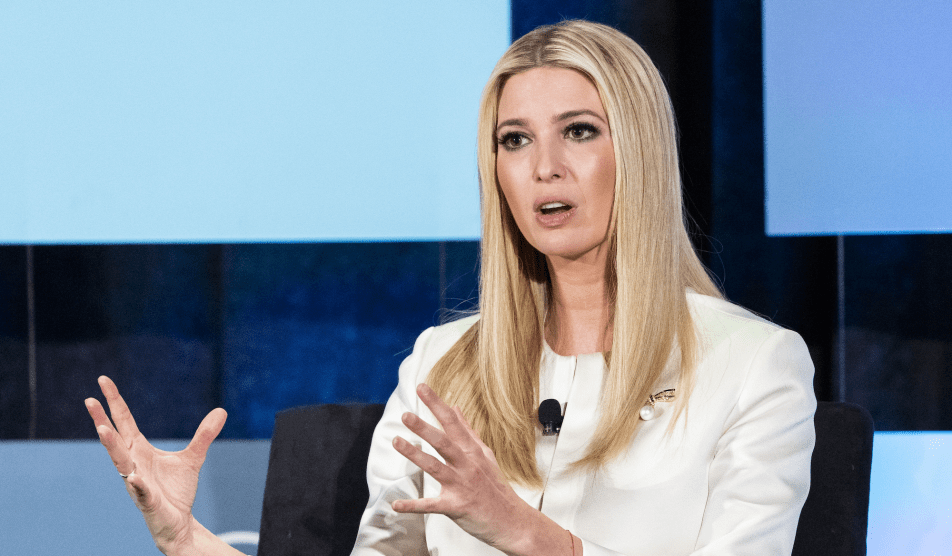
Michael Brochstein/ZUMA
One day after the Washington Post reported on Ivanka Trump’s use of a personal email account to send hundreds of emails concerning official government affairs, the ethics watchdog group that initially triggered the discovery is asking Congress to investigate the apparent breach of protocol by the first daughter and senior adviser to the president.
The group, American Oversight, sent a letter Tuesday to members of the House Oversight and Judiciary committees, urging lawmakers to probe several issues surrounding Ivanka Trump’s use of personal email, including whether she sent classified information through the account. “The president’s family is not above the law. There are serious questions that Congress should immediately investigate,” executive director Austin Evers said in a statement. “Did Ivanka Trump turn over all of her emails for preservation as required by law? Was she sending classified information over a private system?”
American Oversight first obtained emails revealing Ivanka Trump’s personal email use back in September 2017.
The report that the president’s oldest daughter used a personal email account to conduct government business has prompted a fierce backlash among Democrats and even some of President Donald Trump’s allies, many of whom have noted the deep irony of one of the administration’s most prominent faces attracting her own email scandal after more than two years of Trump’s “lock her up” attacks against Hillary Clinton for her own use of a private email server.
“It’s hypocritical and certainly it looks bad,” Marc Short, former legislative director for the Trump administration, told CNN. While Short claimed that there appeared to be some distinctions between Clinton and Ivanka Trump’s email controversies, he admitted that it “looked bad, for sure.”
Ivanka Trump last year often used a personal email account to discuss or relay official White House business, according to emails released by a nonpartisan watchdog group.
“It’s hypocritical and certainly looks bad,” says former Trump aide Marc Short https://t.co/eZAnhDDx0t pic.twitter.com/VLudbX4Spt
— New Day (@NewDay) November 20, 2018
Meanwhile, Ivanka Trump is reportedly nonplussed about the controversy. The New York Times reported that she has since told White House officials that she had been unaware of the rules regarding government communications.












